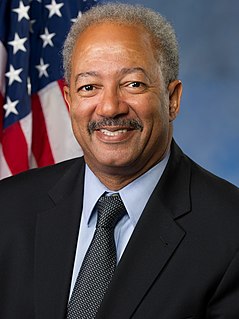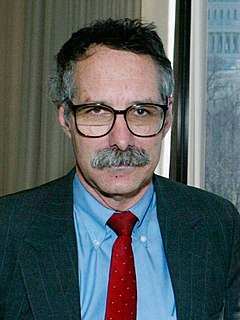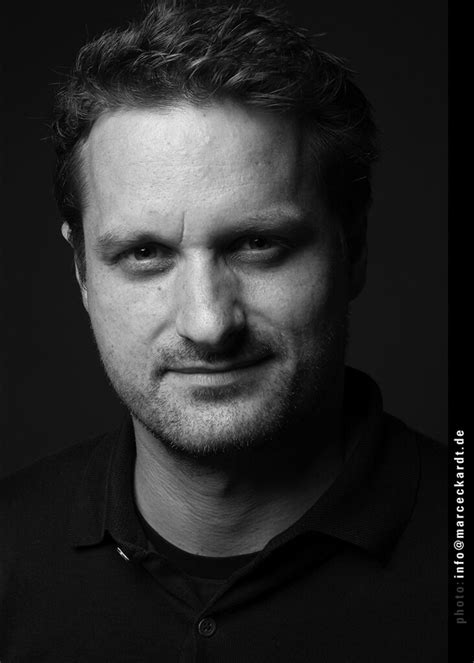A Quote by Rutger Bregman
In the past 20 years scientists from very diverse disciplines - anthropologists, archaeologists, sociologists, psychologists - have all moved to a much more hopeful, optimistic view of human nature.
Related Quotes
Paganism is that view of life which finds the highest goal of human existence in the healthy and harmonious and joyous development of existing human faculties. Very different is the Christian ideal. Paganism is optimistic with regard to unaided human nature, whereas Christianity is the religion of the broken heart.
The diagnosis that poverty, lack of education, or lack of opportunities have much to do with terrorism requires a fundamentally optimistic view of human nature. This diagnosis leads to the prognosis that all we need to do to solve the terrorism problem is to create societies that are less poor, better educated and have more opportunities.
He, who, in view of its inconsistencies, says of human nature the same that, in view of its contrasts, is said of the divine nature, that it is past finding out, thereby evinces a better appreciation of it than he who, by always representing it in a clear light, leaves it to be inferred that he clearly knows all about it.
Probably the only people left who think that economics deserves a Nobel Prize are economists. It confirms their conceit that they're doing 'science' rather than the less tidy task of observing the world and trying to make sense of it. This, after all, is done by mere historians, political scientists, anthropologists, sociologists, and (heaven forbid) even journalists. Economists are loath to admit that they belong in such raffish company.
I moved here when I was 20 to go to college. After I moved here, I became much more aware of the importance of the culture and literature to my life. Sometimes when you're immersed in something, you just don't notice it very much. Moving away makes you appreciate your culture. Living here, I've thought more and more about India, and what being Indian-American means to me. And it's made me incorporate things from Indian literature into my own writing.
Whatever was in the human nature of Christ was moved at the bidding of the divine will; yet it does not follow that in Christ there was no movement of the will proper to human nature, for the good wills of other saints are moved by God's will... For although the will cannot be inwardly moved by any creature, yet it can be moved inwardly by God.
I think sociologists are among the best at thinking about emergence, of thinking about the ways that the society is more than the sum of the individuals. And I've found that much of the wisest writing on human social nature comes from sociology and anthropology, not from my own field of social psychology.







































